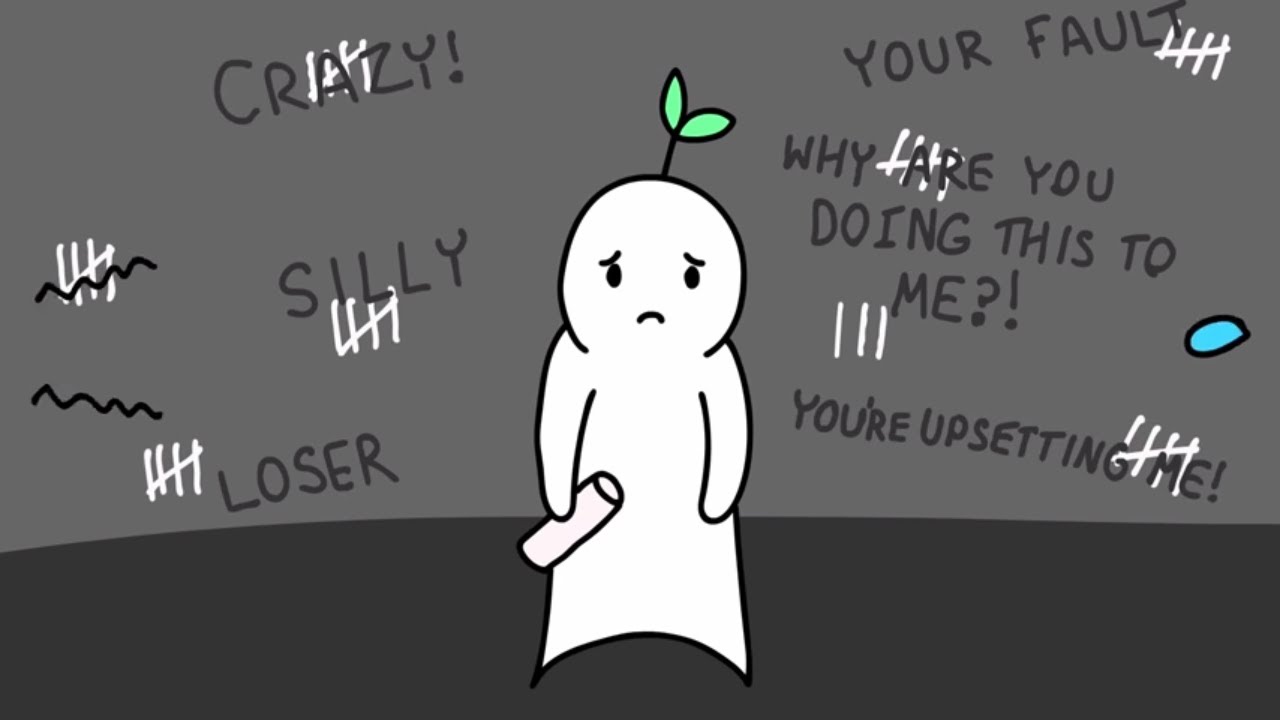Mental Abuse Among Teenagers
Source: https://psike.id/wp-content/uploads/2021/12/iStock-1184108625-759×485.jpg
Mental abuse is an act of psychological violence which is an attempt by the perpetrator to frighten, isolate, control and manipulate the victim. Mental abuse often occurs among adolescents, especially in families and schools. Of course, this action can make the victim feel humiliated. Perpetrators of mental abuse have the aim of degrading the dignity and self-esteem of the victim. Mental abuse can be done by anyone, without exception. Women or men, parents, brothers or sisters, teachers, friends, even strangers can commit mental abuse. Not only hurting someone mentally, mental abuse can also hurt them physically. Mental abuse often causes lasting trauma to the victims. The act of mental abuse committed by someone can be referred to as abusive behavior.
This mental abuse can be done by anyone, especially both men and women. In this mental abuse there are several symptoms that can be seen by sufferers such as toxic relationships, there is continuous behavior in demeaning or threatening the victim, and the perpetrator makes the victim have no self-esteem and the trust he has immediately fades. When this sufferer no longer believes in himself because he is no longer worthy, it will create a bad influence in the future. Like the victim will commit violence on himself for example hitting his head on a wall or injuring himself. Then, for female victims, it could be traumatized or depressed at the level of anxiety that makes them uncomfortable and safe. Then, the existence of this emotional abuse makes someone’s heart feel hurt or otherwise by seeing, hearing comments or criticism of suggestions that are inappropriate and contain hate. This can also make people want to commit suicide, because they are not strong enough for the talk out there. Then, this sexual harassment usually occurs among women. This can be seen from urging partners to dress in a way they like, sharing pornography and this makes victims experience PTSD, sexual dysfunction, and poor sleep patterns.

Source: https://i.ytimg.com/vi/uYWz7NR20Ko/maxresdefault.jpg
Someone who experiences mental violence often looks gloomy, withdraws from others, and ignores indifference. Perpetrators who commit mental violence are generally divided into several categories of acts. The first is trying to belittle the shortcomings of the victim. The second is to control all of the victim’s actions such as manipulating, threatening, and the victim losing his right to decide something. Furthermore, blaming the victim for behavior that was not done by them. Finally, the victim can also experience mental abuse by the behavior of the perpetrator who is indifferent, such as not communicating, closing the social environment to the victim so that he feels isolated and his socio-emotional needs are not properly met.
Mental abuse must be prevented because it can be bad for the sufferer. There are several ways to prevent mental abuse, such as, someone can avoid getting involved with mental abuse perpetrators. In addition, if we are in an environment of perpetrators, the step to be taken is immediately to leave or end the relationship with the perpetrators. We can also take therapy to learn the right variety of skills to help us avoid unhealthy friendships for mental states. We can overcome mental abuse by being careful in behaving and speaking to others, always thinking positively, and trying to train our minds to be able to see the problems faced from the positive or good side. In addition, each individual can also train himself to consider each decision they want to make.
What needs to be considered is that someone who has experienced mental abuse should not be underestimated. We still need to pay attention because a large impact will make the victim feel increasingly depressed and even have the desire to end their life. Apart from that, we also need to be more aware of the people closest to us if they experience mental abuse so that it is hoped that this can help those who are in trouble.
References:
- Astuti, N. F. (2021). Mental abuse adalah kekerasan mental, berikut ciri dan cara mencegahnya. Merdeka.com. Retrieved 10 Desember, 2022, from https://www.merdeka.com/jabar/mental-abuse-adalah-kekerasan-mental-berikut-ciri-dan-cara-mencegahnya-kln.html
- Gupta, S. (2022, June 21). What is psychological Abuse? Verywell Mind. Retrieved 10 Desember, 2022, from https://www.verywellmind.com/psychological-abuse-types-impact-and-coping-strategies-5323175
- Leonardi, M. (n.d.). Ini dia cara mengatasi mental abuse. nesiatimes.com. Retrieved 10 Desember, 2022, from https://www.nesiatimes.com/ini-dia-cara-mengatasi-mental-abuse/
- Mahfudah, K. N. (2019). Mental abuse dapat mempengaruhi perilaku seseorang. Binus university. Retrieved 10 Desember, 2022, from https://communication.binus.ac.id/2019/01/03/mental-abuse-dapat-mempengaruhi-perilaku-seseorang/
- Plumptre, E. (2021). Mental health effects of different types of abuse. Verywellmind. Retrieved 10 Desember, 2022, from https://www.verywellmind.com/how-does-abuse-affect-mental-health-5203897
- Resna, N. (2020). Tanda-tanda Mental abuse dan Bagaimana Keluar dari Kondisi Tersebut. SehatQ. Retrieved 9 Desember, 2022, from https://www.sehatq.com/artikel/tanda-tanda-mental-abuse-dan-bagaimana-keluar-dari-kondisi-tersebut

